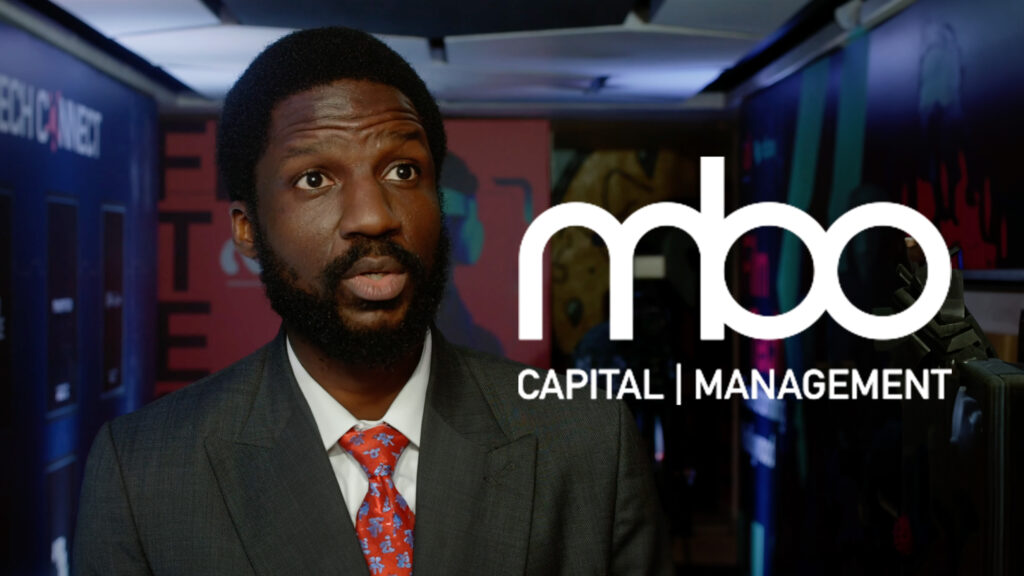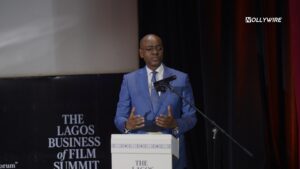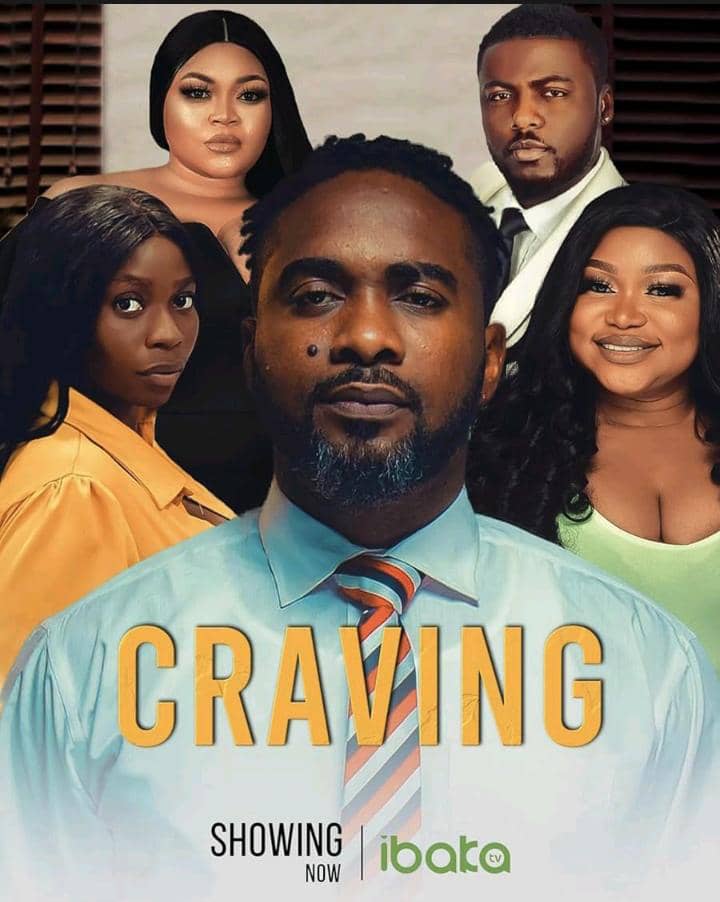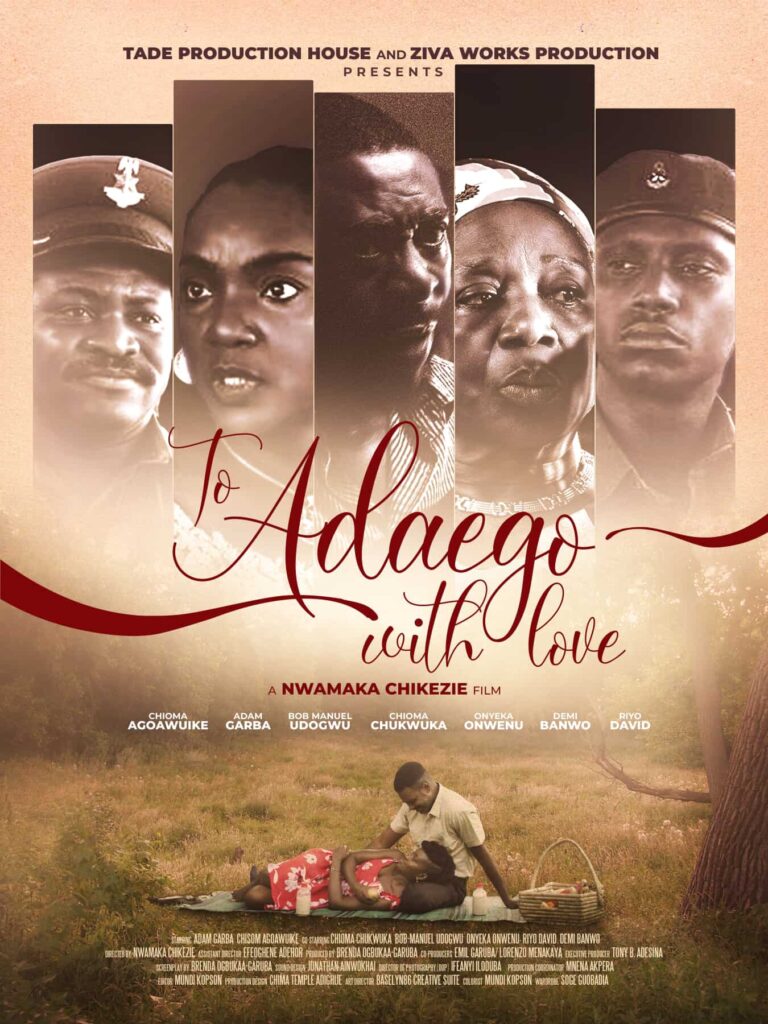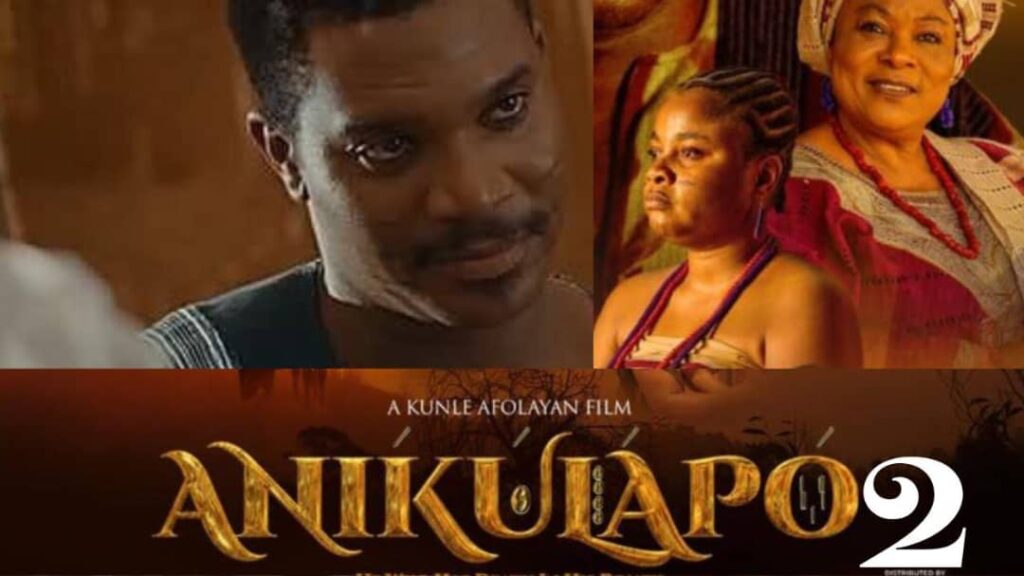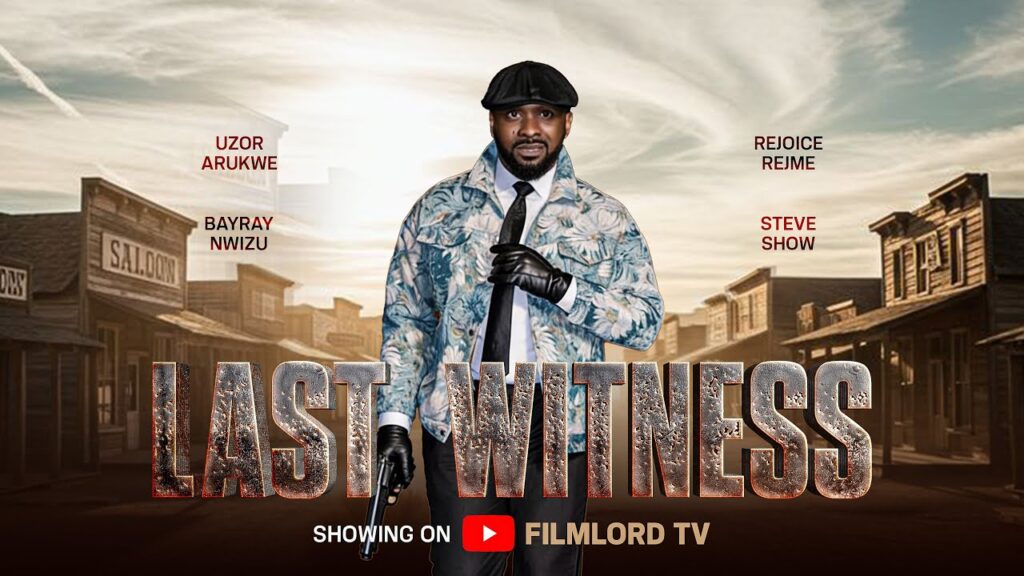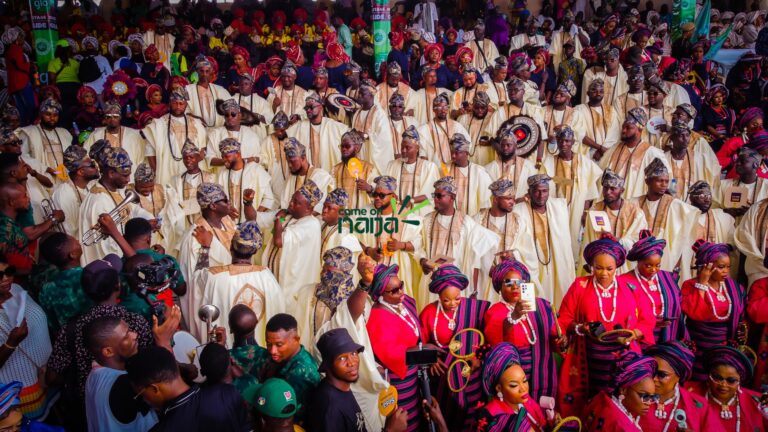When Folajimi Alli-Balogun, a representative of financial advisory firm MBO Capital, mentioned that the company had invested ₦2.3 billion in Nigerian film last year, the figure alone was notable. But the real headline came next: they intend to double that this year. That’s ₦4.6 billion in committed financing—a scale of investment that would be historic for Nollywood if it materialises.
For context, Nigeria’s film industry has long operated on a cocktail of resourcefulness and risk. Funding is fragmented, formal finance is rare, and producers often rely on a mix of personal savings, brand sponsorships, and informal investor networks to make films happen. So when an institutional investor declares its intent to inject billions—not cumulatively over a decade but within a year—it forces a moment of reckoning.
“We’ve been investing in films for the past seven years,” Alli-Balogun explained. “And the biggest lesson we’ve learnt is that one size doesn’t fit all. We tailor the financing solution to each producer.”
That kind of flexibility may be necessary in a terrain where production styles vary widely—from high-gloss Lagos romantic comedies to independent arthouse projects shot on minimal budgets. But even flexible financing depends on certain baselines: viable business models, experienced producers, and clear recoupment paths.
One of MBO Capital’s answers lies in distribution—more specifically, international reach. Alli-Balogun is blunt about the limits of the local market. “Cinema attendance in Nigeria is not growing at a fast rate,” he said. “So we look closely at how a film plans to reach audiences outside the country. International distribution has become essential.”
This is not a new idea, but it’s one that takes on renewed urgency as streamers recalibrate. Netflix and Amazon have both reportedly adjusted their approach to Nigerian content, focusing less on broad local acquisition and more on select originals or co-productions. For Nigerian filmmakers, this means a traditional “sell to streaming” model may no longer be a default path to profitability.
MBO Capital now considers a project’s international distribution strategy as part of its investment criteria. “Filmmakers need to partner with distributors who have an international mindset,” Alli-Balogun said. “There’s a huge market for Nigerian films outside Nigeria but you need the right partners to tap into it.”
Still, financing alone cannot solve structural problems. Infrastructure—from post-production studios to sound stages—remains underdeveloped. While MBO Capital has expressed interest in investing in infrastructure, Alli-Balogun admits the right opportunity has yet to present itself. “We haven’t found the right opportunity,” he said, “but it’s something we’re still looking at.”
The intent, however, is clear. This is not speculative capital. This is structured financing with performance expectations—and it reflects a shift in how at least one part of the financial world is starting to view Nollywood: not as a cultural anomaly but as an emerging creative economy worthy of serious investment.
₦4.6 billion is more than a talking point. It is a challenge to the industry—to move beyond hustle, toward sustainability; to build the systems that make large-scale investment feasible; to create work that can travel, perform, and return value.

